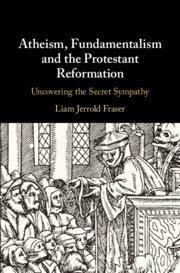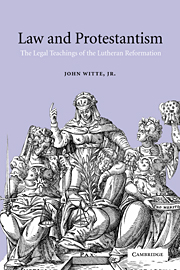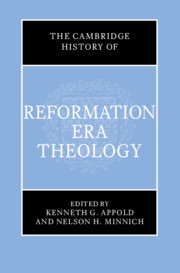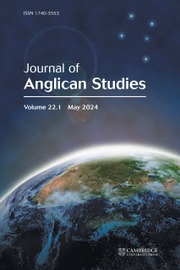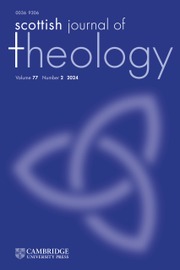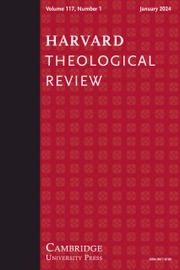Atheism, Fundamentalism and the Protestant Reformation
In this study of new atheism and religious fundamentalism, this book advances two provocative - and surprising - arguments. Liam Jerrold Fraser argues that atheism and Protestant fundamentalism in Britain and America share a common historical origin in the English Reformation, and the crisis of authority inaugurated by the Reformers. This common origin generated two presuppositions crucial for both movements: a literalist understanding of scripture, and a disruptive understanding of divine activity in nature. Through an analysis of contemporary new atheist and Protestant fundamentalist texts, Fraser shows that these presuppositions continue to structure both groups, and support a range of shared biblical, scientific, and theological beliefs. Their common historical and intellectual structure ensures that new atheism and Protestant fundamentalism - while on the surface irreconcilably opposed - share a secret sympathy with one another, yet one which leaves them unstable, inconsistent, and unsustainable.
- Approaches the new atheism as the product of problems within Protestant theology and practice
- While aiming for precision and academic rigor, this book is narrative-driven, and is written in an accessible way
- Views the new atheism in particular, and anti-Christian thought in general, as examples of theology, employing many of the same beliefs and methods as Christian theologians
Product details
July 2018Hardback
9781108427982
278 pages
235 × 158 × 20 mm
0.54kg
Available
Table of Contents
- 1. The unfinished reformation
- 2. Things fall apart
- 3. An inductive theology
- 4. The secret sympathy
- 5. A house divided.

